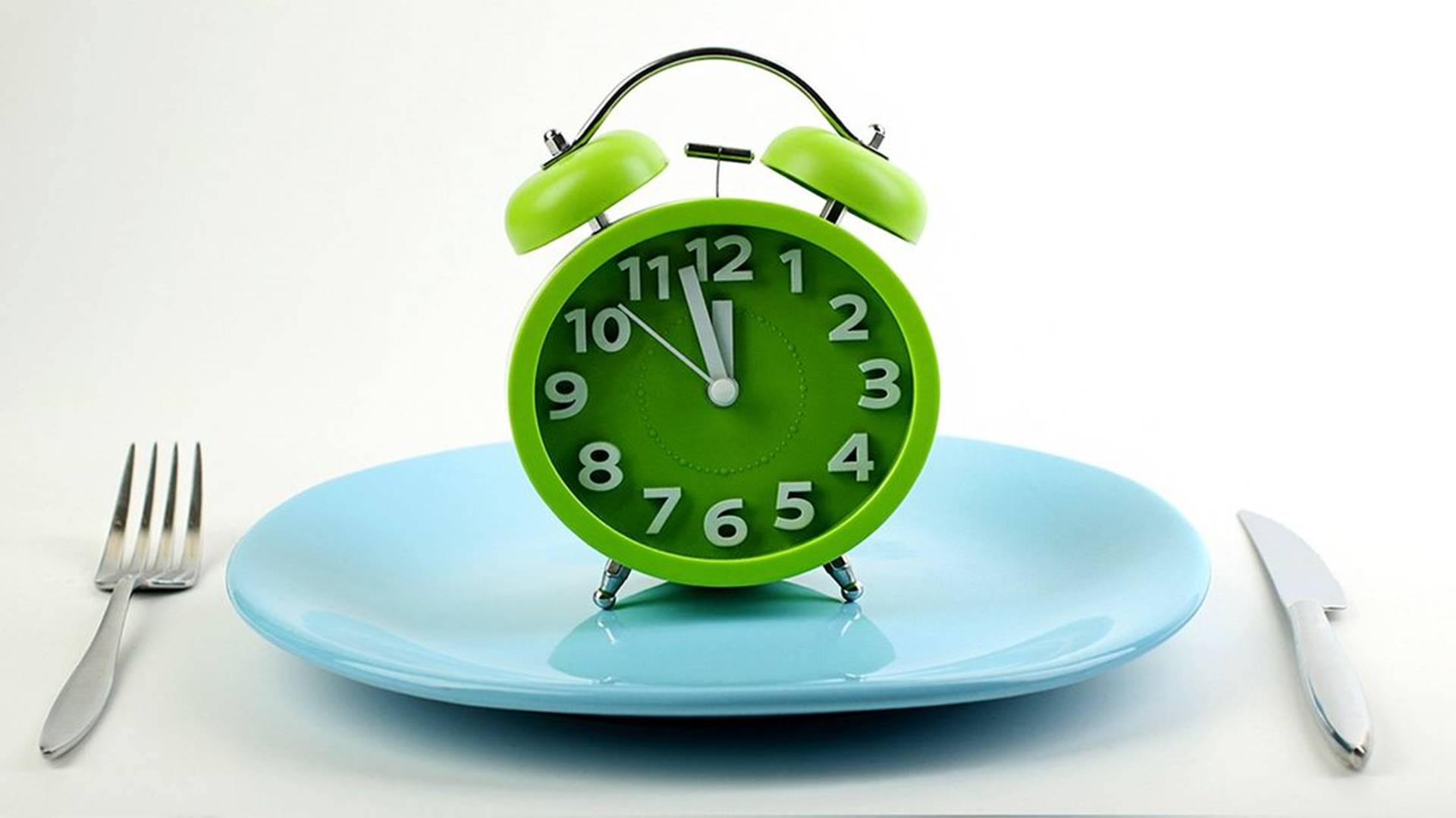Google “fasting for health” and you’ll get more than 6.3 million hits, ranging from doctors who recommend it for treating a range of diseases, to spas that promise detoxifying food-free vacations, to bloggers who say that fasting makes them feel clearer mentally and more fit — and, increasingly, to fitness professionals touting diets that incorporate fasting as a method for weight loss. But does medical research actually support those claims?
Every day, organs such as the liver, the kidney, and the spleen work to remove and neutralize toxins from the body to keep our cells healthy, says David Katz, MD, MPH, director of the Yale-Griffin Prevention Research Center at Yale University in New Haven, Connecticut. “When you fast, you eliminate input of additional toxins from food,” Dr. Katz says — “and there is a potential biological benefit to that.”
“Potential” is the key word. While a growing body of research suggests intermittent fasting may have health benefits, much of the evidence is far from conclusive, and there are still a lot of unknowns about how a fasting diet or intermittent fasting diet might affect our bodies, particularly over the long-term.
How Intermittent Fasting Diets Work
Fasting, or intermittent fasting diets, shift the focus from what you’re eating to when you’re eating. It’s not about restricting calories for days on end, but rather it’s about eating for a prescribed number of hours a day, or a certain number of days per week, and then abstaining or limiting food consumption for another period of time.
For example, the Fast Diet, also known as the 5:2 diet, advocates for eating what you want for five days of the week (without too much thought to calorie intake), and restricting calorie intake to 500 calories for women and 600 for men (about one-quarter of the diet’s “rule of thumb” calorie intake for non-fasting days) for the other two days of the week.
Any time you restrict calories, your body reacts. When you eat, your digestive system breaks down carbohydrates into the sugar glucose, the body’s major source of energy. Glucose is absorbed from the digestive tract into the blood, which then travels to your body’s cells to provide them with fuel. When you don’t eat:
- The supply of glucose in your blood starts to drop, and your body eventually turns to stored glucose, called glycogen, for energy.
- Once the glycogen is used up, your body begins to burn fat and muscle stores to make its own glucose to fuel your cells.
- After a few days without eating (which experts don’t recommend), your body kicks into ketosis mode, meaning you burn fat as the primary source of fuel, to spare muscle.
- In ketosis mode, you will lose weight as you burn body fat. Note that ketosis also makes your blood more acidic and can cause bad breath, fatigue, and other unpleasant symptoms. Longer fasts can lead to kidney and liver damage.
While so-called fasting diets have become increasingly popular, fasting itself is nothing new. Ritual fasting has long been part of religious traditions, and being able to survive periods of going without food is thought to be an essential part of human evolution. Thanks to our history as hunter-gatherers, human bodies are equipped to handle periods of not eating, says Benjamin D. Horne, PhD, MPH, director of cardiovascular and genetic epidemiology at the Intermountain Medical Center Heart Institute in Salt Lake City. And because our ancestors who made it through those lean times are the ones who survived, that suggests that our DNA may actually be coded to receive a benefit from fasting, Dr. Horne says.
Everydayhealth / Balkantimes.press
Napomena o autorskim pravima: Dozvoljeno preuzimanje sadržaja isključivo uz navođenje linka prema stranici našeg portala sa koje je sadržaj preuzet. Stavovi izraženi u ovom tekstu autorovi su i ne odražavaju nužno uredničku politiku The Balkantimes Press.
Copyright Notice: It is allowed to download the content only by providing a link to the page of our portal from which the content was downloaded. The views expressed in this text are those of the authors and do not necessarily reflect the editorial policies of The Balkantimes Press.

